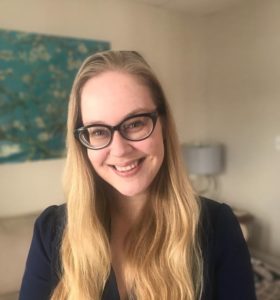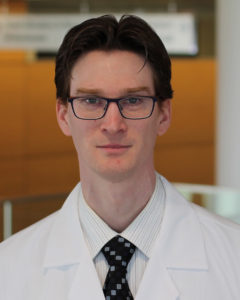“ADOPT” A RESEARCHER
Support a researcher!
Great news! UMass Chan Medical School researchers have been “adopted” by The Angel Fund. The researchers at the Day Lab at UMass Chan Medical School work tirelessly to find a cure for ALS. Each lab has remarkable researchers who work on individual pieces of the puzzle that fit into the whole research picture.The Angel Fund donations help support researchers. The most recent funding given has supported four amazing researchers. They are our Angels Over Boston. Regardless of whether you are a business, a family or an individual, by adopting a research Fellow you can help Dr. Brown and the UMass ALS research team reach their goal – finding a treatment and a cure for ALS.
Donate Now
MEET THE RESEARCHERS

Dr.Katharina Elisabeth (Karin) Meijboom
Dr. Meijboom has a longstanding interest in neurobiology and using neuroscience to understand neurological disorders. In 2011 she earned a Bachelor of Science degree in Cognitive and Neurobiological Psychology at the University of Utrecht in the Netherlands.She then obtained a Master of Science degree (2014) in the field of neuroscience and cognition, also at the University of Utrecht. Subsequently she has been studying aspects of motor neuron diseases. She earned a Doctorate in Philosophy at the University of Oxford in Oxford, England. Her doctoral thesis, awarded in 2019, focused on a devastating motor neuron disease of infants and children, known as spinal muscular atrophy.
We are extremely fortunate that Dr. Meijboom has subsequently turned her attention to ALS. She came to UMass Medical School to focus on approaches to suppressing toxicity of the hexanucleotide repeat mutation in the C9orf72 ALS gene. She has employed different strategies to eliminate or silence this toxic repeat, such as gene editing and the use of artificial microRNAs. Her early data are extremely encouraging in mouse models of C9orf72 ALS pathology.

Dr. Nils Henniger
Dr. Henninger is a neurologist and clinician scientist serving as Associate Professor of Neurology at the University of Massachusetts Medical School. His lab is seeking to define the cellular and molecular mechanisms underlying axonal injury and degeneration in the context of brain injury, and how this relates to neurodegeneration and functional outcome.A major focus of his lab is on traumatic brain injury (TBI), which has been recognized as an important risk factor for many neurodegenerative diseases including ALS and frontotemporal dementia, chronic traumatic encephalopathy (CTE), Alzheimer’s disease (AD), and Parkinson’s disease (PD). Yet, the exact mechanisms linking these diseases are poorly understood.
Using mouse models of TBI and ALS, the Henninger lab is targeting the highly conserved, gene Sarm1, which activates nerve cell death. His goal is to ask if removing the pre-death Sarm1 gene will block the effects of TBI on degeneration, both of the normal brain and the ALS brain. Recently, his group found that genetic removal of Sarm1 remarkably reduced neurodegeneration, functional deficits, and mortality after repetitive TBI in normal mice. With the generous support by the Angel Fund and in collaboration with Dr. Brown’s group, the lab is elucidating the mechanisms driving neurodegeneration and functional deficit severity following TBI in the healthy brain as well as in the context of SOD1-ALS. This work will provide novel insight into whether Sarm1-mediated neurodegeneration links TBI to ALS-like impairments and whether blocking Sarm1 can attenuate the ALS-phenotype.

